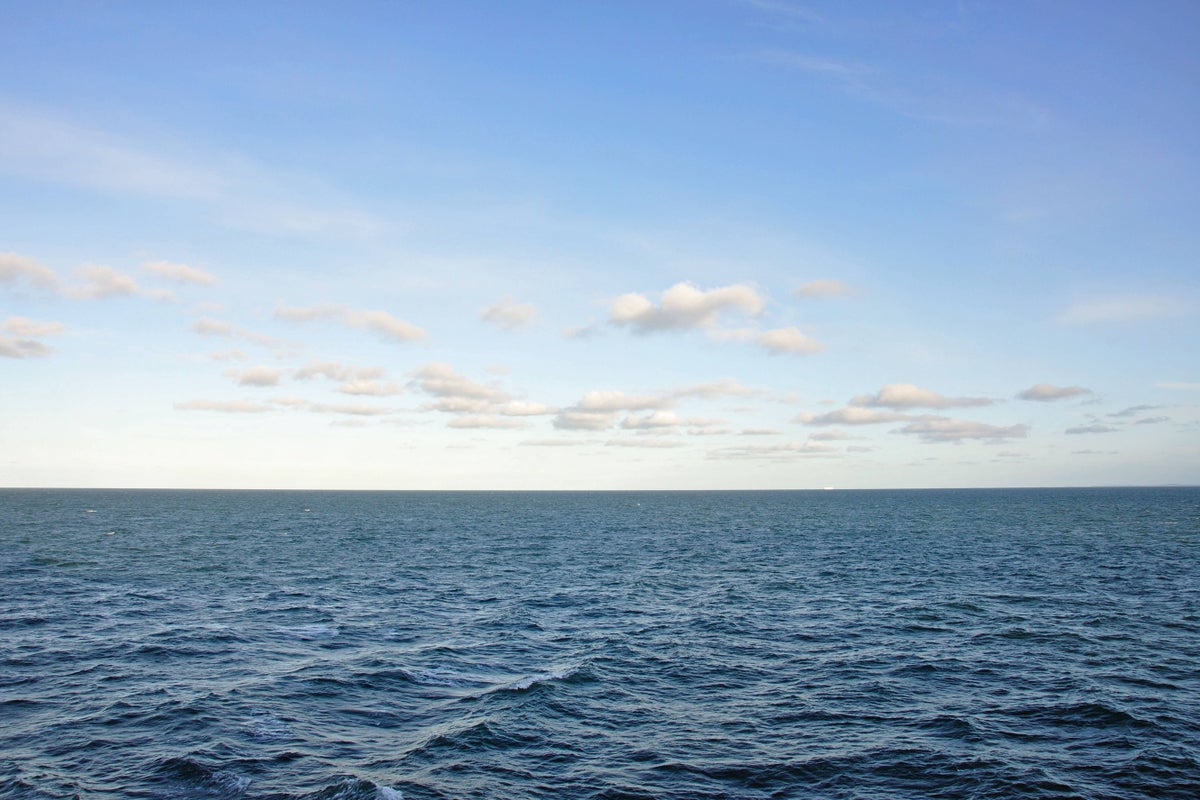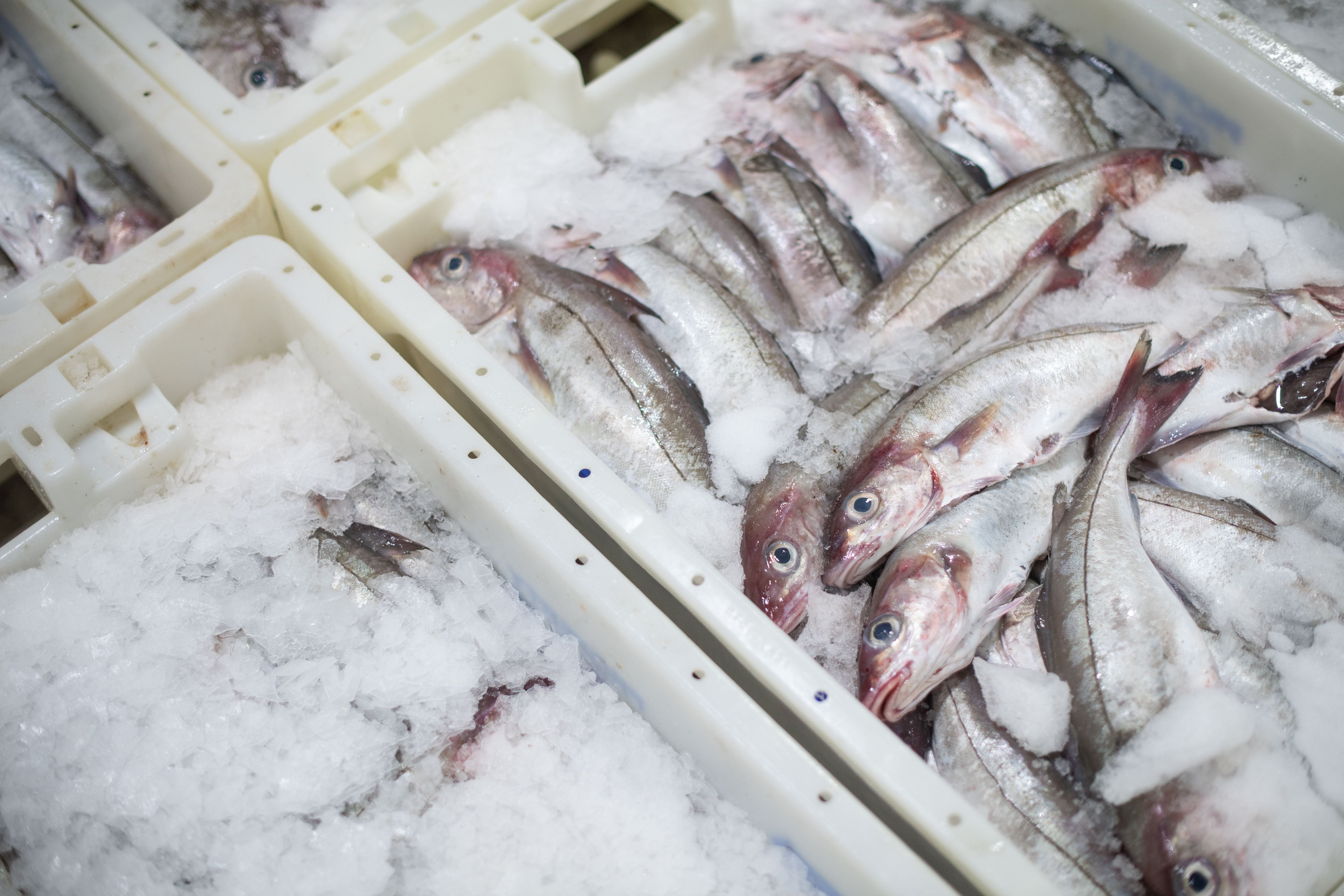
Scientists have warned that cutting global emissions is “the only way” to safeguard marine life in continental shelf waters, which are major sources of the world’s seafood.
A team of researchers analysed 20 years of data from 14 continental shelves around the world, including the European shelf which stretches from France, around Ireland and the UK and up to Norway.
They looked at how the movement of water on and off these shelves in the ocean affects how much planet-heating carbon their water retain.
The oceans are absorbing more and more carbon from the atmosphere as global greenhouse gas emissions from human activities continue to rise.
In their study, published in the journal Global Biogeochemical Cycles, the scientists found continental shelf waters can see a low level of water movement.
This means higher and higher levels of carbon builds up in these areas, which in turn makes the water more acidic.
Acidification poses a major threat to marine life and can drive declines in species across the food chain.
Professor Jamie Shutler from the University of Exeter, who led the study, said: “Continental shelf seas act like giant sponges, helping to draw carbon down from the atmosphere, into the water.
“The shelves then move the carbon into the deep ocean where it could remain for hundreds or thousands of years.
“But while this carbon uptake has so far helped to reduce the climate impacts we experience on land, it also drives ocean acidification as dissolved CO2 forms a weak acid.
“This isn’t good news for plankton, fish and coastal bivalves like mussels and oysters, as their habitats are shrinking.”

“We get more than 90% of our seafood from these seas, so it’s also a serious food security issue.”
Regional efforts to restore ocean habitats, such as creating marine protected areas or restoring oyster beds, cannot be done at the scale required to meaningfully tackle global acidification, the scientists added.
Professor Callum Roberts, another author of the study, said: “This study refines our understanding of how the ocean works.
“At the same time, it reinforces the bottom line: drastically reducing emissions is the single most important action we can take for the health of our seas.
“Cutting emissions remains the only way to keep our seafood safe for future generations.
“Without that, all our other important global efforts, such as the creation of marine protected areas, will be fighting a losing battle.”
The research comes as part of the Convex Seascape Survey, a research partnership between Blue Marine Foundation, the University of Exeter, and insurance firm Convex Group, which aims to build a greater understanding of the ocean’s role in the Earth’s carbon cycle.
Carbon dioxide levels in atmosphere climb at record rate to new highs in 2024
‘Real hope’ for future of wildcats after another 18 released in Highlands
Two-fifths of British garden space paved over, reducing green benefits – report
Starmer will attend Cop30 climate summit in Brazil, says Downing Street
Environment Agency investigating after fish die in foam layer on river Thet
Birth of rare female eastern mountain bongo ‘significant milestone’ for species







